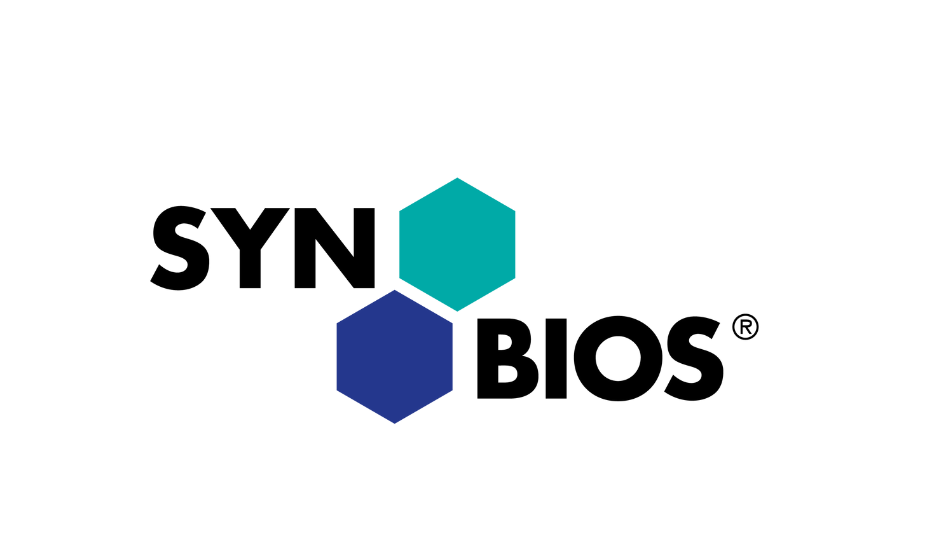MRSL and RSL are terms used in relation to managing restricted substances during the manufacturing process and finished products respectively. Both are often used as chemical checklists to support product safety and chemical management activities.
However, there is often some misunderstanding and confusion between what MRSL and RSL are and when to use a RSL or MRSL. Both lists can contain similar chemicals, and both are used for testing materials and products, but there are distinct differences between RSL and MRSL, which are explained in this article below.
MRSL – Manufacturing Restricted Substances List
MRSL stands for Manufacturing Restricted Substance List and provides brands, retailers, suppliers and manufacturers with acceptable limits of restricted substances in chemical formulations which are used in the raw material and product manufacturing processes.
An MRSL is used as a tool by companies around the world to regulate the safety of chemical formulations used to make the raw materials that go into products and samples. The regulation of chemical formulations upstream, through an MRSL, protects workers, consumers and the environment. Adhering to an MRSL can also protect brands and retailers from any potential negative publicity on product safety.
But, does your company know whether the MRSL is being adhered to effectively by suppliers further upstream? The answer is simple; carry out MRSL testing with BLC.
MRSL Testing of Chemical Formulations Used in Manufacture
MRSL testing analyses the chemical formulations which are used to manufacture raw materials that go into the production of consumer goods. MRSL testing identifies the amount of each restricted substance on the MRSL that is present in a single chemical formulation, and there are often several chemical formulations that are used to manufacture raw materials which in turn, need to be tested to the acceptable limits on the MRSL.
MRSL testing is often carried out by brands, retailers and manufacturers as part of a structured due diligence testing programme, which is available as part of the BLC Chem-MAP® Programme. At BLC, Chem-MAP® can support your business in the development of an MRSL testing programme which is carried out at our ISO 17025 accredited chemical testing laboratory, which holds accreditations from UKAS, ILAC and CPSC. BLC goes one step further and not only offers MRSL testing, but also offers advanced technical support when failures occur, providing your business with solutions.
View more information on MRSL testing on the BLC Chem-MAP® Programme.
RSL – Restricted Substances List for Finished Products
RSL stands for Restricted Substances List and is often used as a chemical checklist when testing finished products for the presence of restricted substances. An RSL does not have any involvement with the manufacturing process and only applies to finished articles.
An RSL is used as a tool to aid regulatory compliance to product safety standards such as REACH, CPSIA, California Proposition 65, Guo Bio Standards and so on.
Finished products should undergo chemical testing as part of a structured due diligence testing programme to ensure compliance with regulation and your company’s RSL. At BLC, we carry out chemical testing for RSL and additional chemical testing as required. BLC are also able to provide regulatory advice, support for chemical testing failures and chemical management solutions to support your business.
Find out more about chemical testing with BLC.
Need advice on RSL, MRSL, chemical testing or Chem-MAP®?
Talk to one of our chemical experts at BLC about your RSL and MRSL today. If you need chemical compliance advice, chemical testing or MRSL and RSL development, BLC can support your business. Contact BLC today on +44 (0)1604 679 999 or email info@chem-map.com

Eurofins | Chem-MAP is proud to announce that Syn-Bios S.p.A has successfully maintained its ZDHC Level 3 status under the latest ZDHC MRSL V3.1 guidelines. This milestone was accomplished in full compliance with Eurofins | Chem-MAP Protocol 5.0 and the latest ZDHC conformity guidelines. “Syn-Bios S.p.A has been a trusted...
Published 13th October 2025 Read more
